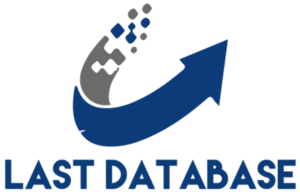The advert sing industry is working hard to adapt to Google’s plans to eliminate third-party cookies on its Chrome platform. Fortunately, the deadline has been pushed back to 2023 and there is more time to prepare for this change that the sector perceives as a revolution.
Adaptation is key to survival, as failure Google plans a adequately prepare for this reality will result in a $10 billion drop in revenue, according to the Interactive Advertising Bureau (IAB) State of Data report .
For this reason according to
a recent survey one of the main concerns of the advertising industry will be to adapt to this change. For 8% of respondents it will be the main priority, for 52% it will be one of their main priorities and 18% are planning to address the problem this year 2022 and only 4% will address the issue when third-party cookies disappear in 2023.
However, there is still no majority opinion that indicates the strategy to address a future without third-party cookies .
But to help overcome this challenge facing the industry, Google has introduced Topics , an interest-based advertising system that aims brazil whatsapp number data to improve user privacy. This new system falls under the Privacy Sandbox initiative. The proposal aims to create technologies that protect people’s privacy online and offer companies and developers tools to build thriving digital businesses.
What is Topics and how will it help the advertising industry navigate a world without third-party cookies?
With Topics , the browser defines locally and without the intervention of an external server a set of topics that are representative of the user’s interests for the week based on their browsing history.
In this way, every user who visits a website hindi directory that supports the Topics API sends three topics corresponding to the last three weeks to the website. Information that the site administrators can share or not with advertisers.
or disable the feature completely. This will allow the browser to better control the information that advertisers obtain from their visit to a website.
The cookieless future will give more importance to first-party data
Given this scenario, advertising companies will have to invest more money in first-party cookies , those obtained after the user has given their in ej leadsformed consent.
The shift will see many platforms move toward more algorithmic and data-driven attribution models.
Artificial intelligence will play an even more important role and investment in technology will be key to finding the necessary allies to overcome a new context that will increase user confidence in digital advertising.







